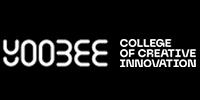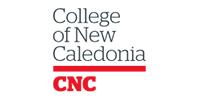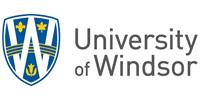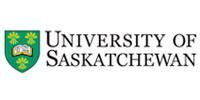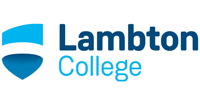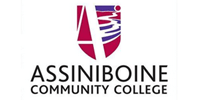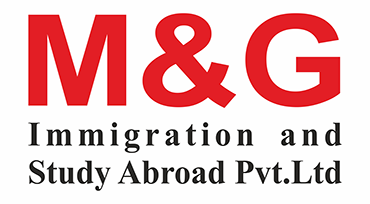Canada’s study permit cap has been put into effect, with the Trudeau administration assigning around 292,000 permits for both undergraduate and postgraduate students in 2024.
Recent disclosures from Canada’s Immigration Minister, Marc Miller, have revealed the precise number of study permits allocated for international college and undergraduate students in 2024—approximately 292,000, as reported by the Globe and Mail.
Initially, a cap of approximately 360,000 was set with the aim of reducing approved study permits by 35% over two years, underlining the imperative to fortify the system’s integrity. Nonetheless, it’s worth noting that the immigration minister may lack the legal mandate to limit the number of approved visas, solely influencing the applications processed by IRCC.
In a session of the Standing Committee on Citizenship and Immigration (CIMM), Minister Miller provided clarification, emphasizing, “My authority extends to capping the number of applications received, rather than directly controlling the issuance of visas.” This distinction is pivotal as it underscores the limitations of the minister’s jurisdiction in influencing the ultimate approval of visas.
The cap itself was meticulously crafted to manage intake levels effectively. It was strategically distributed based on population demographics across different regions of Canada. This method ensured a balanced and equitable allocation of study permits, taking into account the varying demands and capacities of educational institutions across the country.
Miller’s directives specifically omitted primary and secondary school enrollments, as well as master’s and doctoral-level university programs. This selective approach is projected to culminate in approximately 360,000 study permits being approved in 2024, accounting for an assumed approval rate of 60 percent
The responsibility for implementing the study permit cap is assigned to provincial governments, who are expected by IRCC to issue Provincial Attestation Letters (PALs) to qualifying international students. Within each province, Designated Learning Institutions (DLIs) bear the duty of furnishing PALs, which serve as official authorization for students to be included in the province’s allocation of study permits.
Under the revised system, prospective applicants for a study permit must furnish both a letter of acceptance (LOA) and a PAL. Unlike the previous protocol, which solely mandated the submission of an LOA, this updated requirement enhances the scrutiny and validation process. The allotment of study permit allocations to each province or territory is now contingent upon their population sizes, ensuring a more equitable distribution across the nation.
As of now, British Columbia and Alberta stand as the sole provinces to have unveiled their frameworks for issuing PALs. Under these systems, students will secure PALs directly from their Designated Learning Institutions (DLIs), initiating the application process with the provincial government upon fulfilling all requisite eligibility criteria.
The federal government has mandated that all provincial governments must establish and activate their PAL delivery systems by March 31, 2024. This deadline represents a notable transition in the environment for international students aspiring to pursue studies in Canada.


























